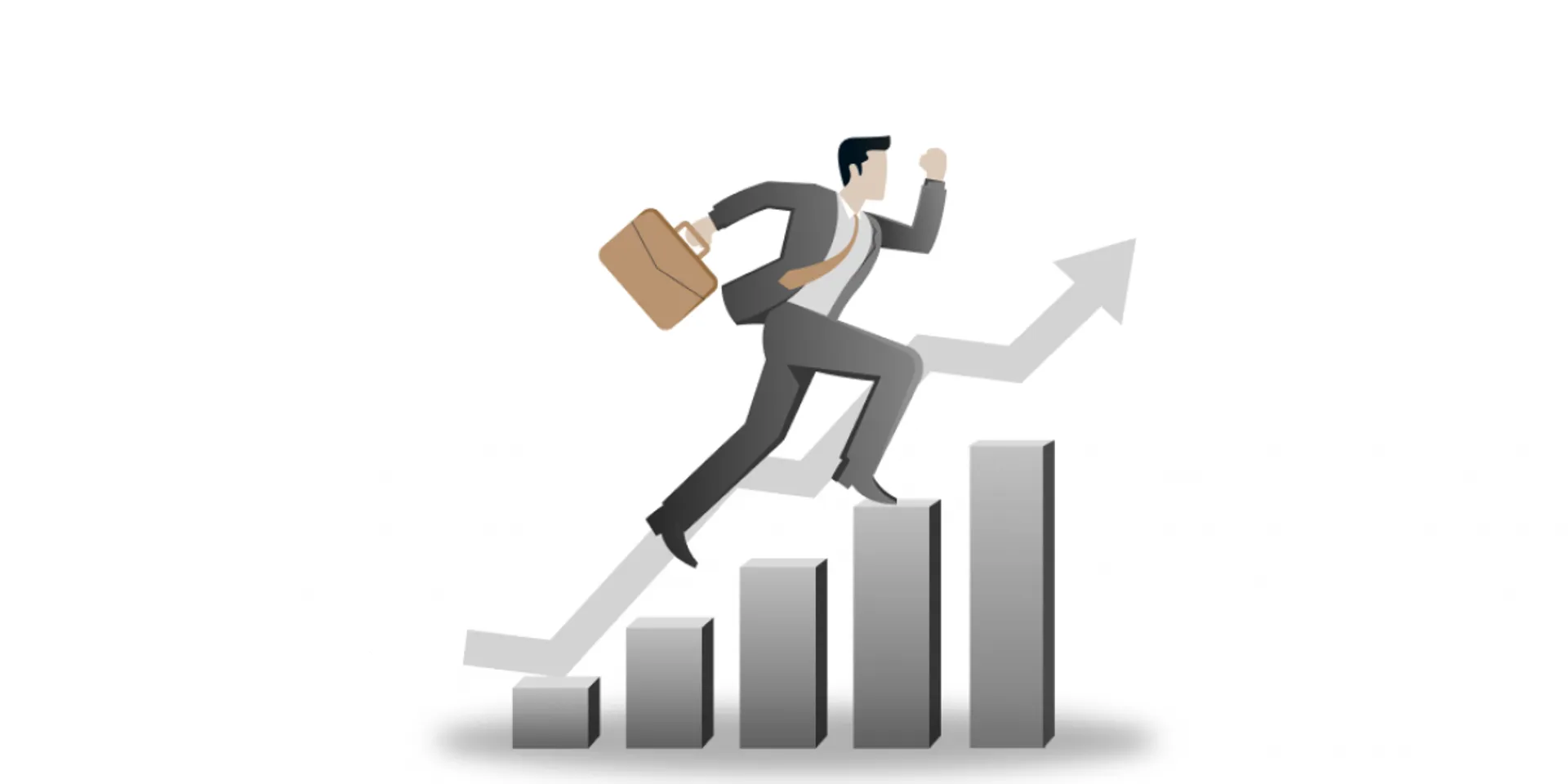What is a trader?

Who is a trader?
In financial markets, a trader is someone who buys and sells various financial instruments, including shares, bonds, commodities and currencies.
The role is similar to that of a broker, but traders are usually acting on their own behalf while brokers act on behalf of their clients.
Key takeaways
-
A trader is someone who buys and sells financial instruments.
-
Financial traders can work for financial institutions or trade on their own behalf.
-
There are many different types of traders – such as day traders, swing traders, momentum traders and scalpers – depending on strategies that they use.
What does a trader do?
Traders differ from investors mainly in the duration of time that they hold their assets. Generally, investors hold onto their investments for a longer period of time, while traders attempt to profit from shorter trends and price fluctuations.
Traders can work for a financial institution, trading with a company’s money. However, more often they trade for themselves, using their own money and keeping any profits (while also suffering losses should the market go against their position).
Types of traders
There are several types of traders using different trading strategies, these include:
-
Day trading. Day traders buy and sell financial instruments within the same day, looking for short-term opportunities in the market and trying to capitalise on them quickly.
-
Scalping or micro-trading. A scalper makes numerous (from dozens to hundreds) of trades daily, attempting to make a small profit from each trade.
-
Momentum trading. Momentum traders focus on assets that move significantly in one direction with high volume. They try to catch the momentum and profit from it.
-
Technical trading. Technical traders concentrate on graphs and charts. They use different technical indicators and analyse charts, looking for buy or sell signals.
-
Fundamental trading. Fundamental traders focus on fundamental analysis and examine corporate events, anticipating earnings reports, mergers and acquisitions, reorganisations and more, which can affect an asset’s price.
-
Swing trading. Swing traders often hold their positions longer than one day, trying to capture a trend. They use technical analysis to search for assets with short-term price momentum.
Conclusion
A trader is someone who buys and sells assets such as stocks, bonds, commodities, currencies, often in the form of derivatives, in order to gain a profit. Traders use a variety of strategies to buy and sell assets and manage risk in order to maximise their returns, and may also utilise market analysis and research to inform their trading decisions.
Today, trading is available not only for professionals with financial education, but for retail traders who may see it as a source of additional income or an intellectual challenge. However, note that financial literacy and continued learning is essential to a trader’s success.
Traders should always be sure to do their own thorough research before making any financial decision and never put in more money than they can afford to lose.
What is the difference between trading and investing?
Trading is typically short-term and tends to involve more active management of the portfolio. Investing, on the other hand, involves buying and holding securities for the long-term. The goal of investing is typically capital appreciation and income generation over the long-term.
Why is trading important in finance?
Trading allows investors to potentially capitalise on short and long-term opportunities in the market and diversify their portfolios and take advantage of market opportunities, as well as providing liquidity to the markets. It also generates liquidity and capital flows.
What are the asset types for traders?
How do traders make money?
Traders make money by buying and selling assets such as stocks, bonds, currencies, commodities, derivatives, and other financial instruments. Their aim is to profit from the price difference between the buying and selling price of the assets. There is always the risk of making a loss if the market moves against a trader’s position.
Institutional traders may make money from fees associated with their services, such as commissions, or from interest payments on the assets they hold.
What are the types of traders?
There are many different types of traders, depending on the strategies they use. These include, but are not limited to, day traders, swing traders, momentum traders and scalpers.